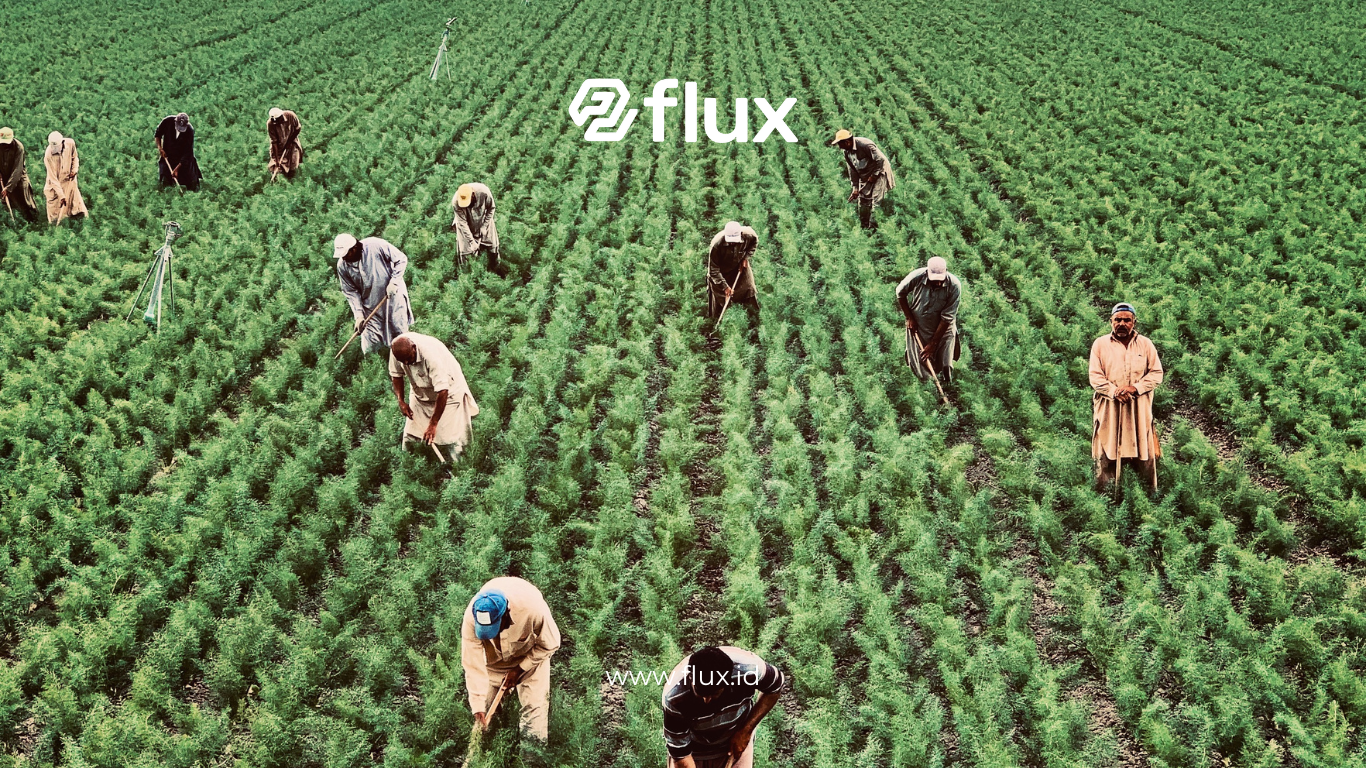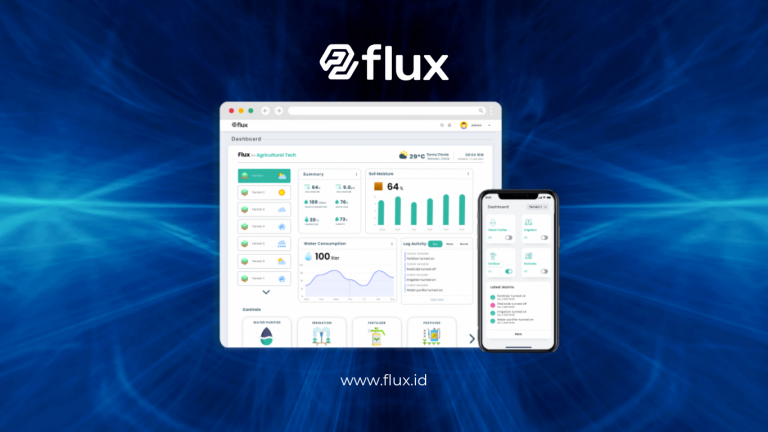Don't miss our holiday offer - 20% OFF!
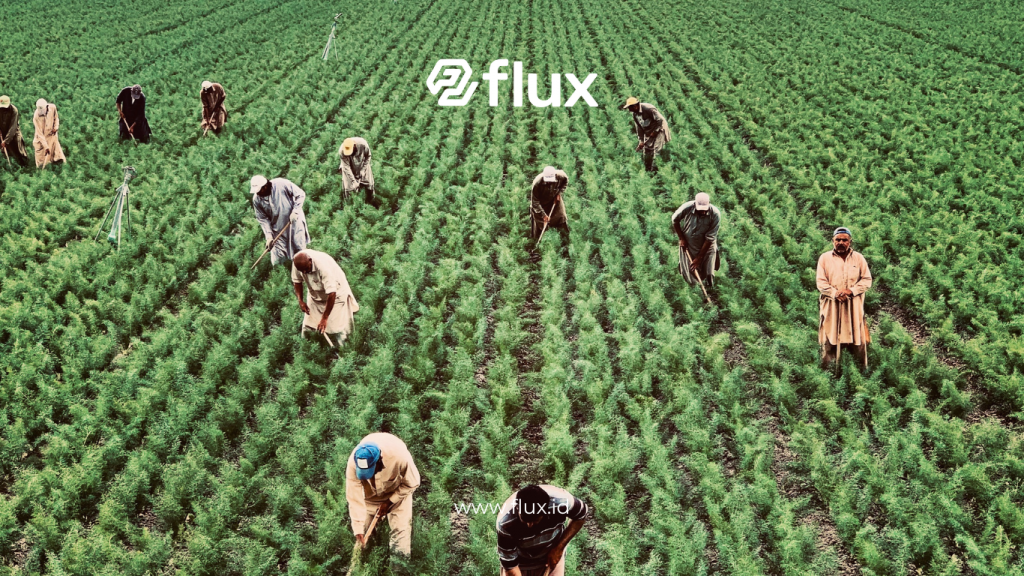
Read More: Maximizing Agricultural Production with IoT Solutions from fluxFarming
Agriculture has become the backbone of economies in many countries, providing livelihoods for millions and food for a growing world population. However, the agricultural industry faces various challenges that disrupt productivity and sustainability. From limited resources to unpredictable climate changes, farmers often struggle to achieve satisfying harvests.
However, there is good news. The digital era has opened the door to innovative solutions in the form of the Internet of Things (IoT). This technology not only changes how we communicate or work but also how we farm. By leveraging sensor intelligence and internet connectivity, IoT solutions offer tremendous opportunities to enhance efficiency and productivity in agriculture.
Contents
Challenges in Agriculture
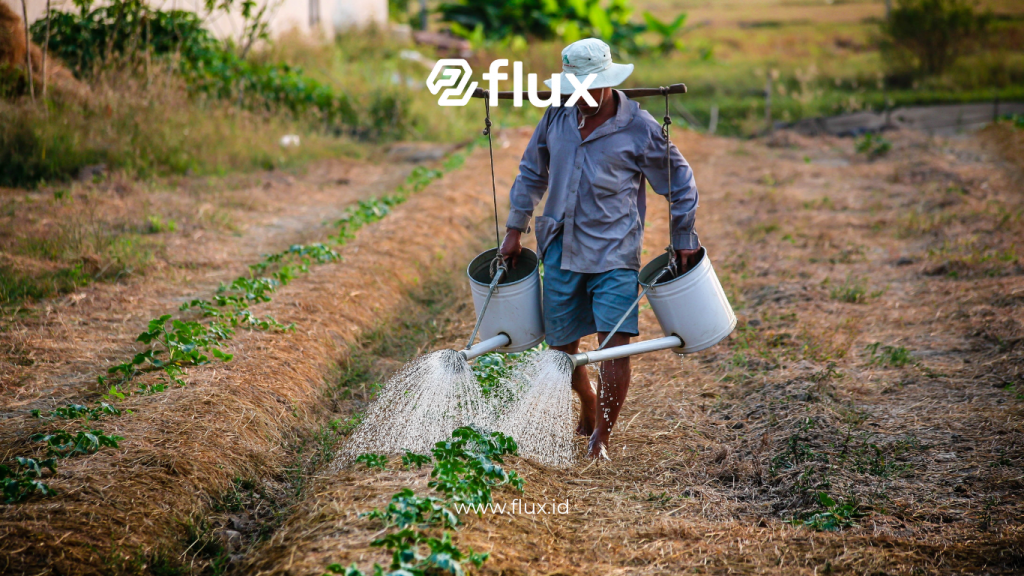
Limited Resources
Water, land, and other resources are often scarce in agriculture. Farmers must strive to manage these limited resources efficiently to avoid shortages at harvest time.
Extreme Climate Changes
Unstable weather patterns and extreme climate changes can cause significant losses for farmers. Floods, droughts, or irregular rainy seasons can destroy crops and reduce yields.
Inefficient Crop Management
Lack of information about soil conditions, air humidity, and plant health can hinder farmers’ ability to manage crops efficiently. This can result in ineffective resource use and decreased productivity.
Improper Use of Pesticides and Fertilizers
Improper use of pesticides and fertilizers can damage soil, water, and the surrounding environment. Additionally, excessive use can lead to harmful residues in the harvest.
Dependence on Human Labor
Agriculture still heavily relies on human labor, which is prone to errors and imperfections. This dependence can hinder operational efficiency and increase production costs.
The Role of IoT in Addressing Agricultural Challenges
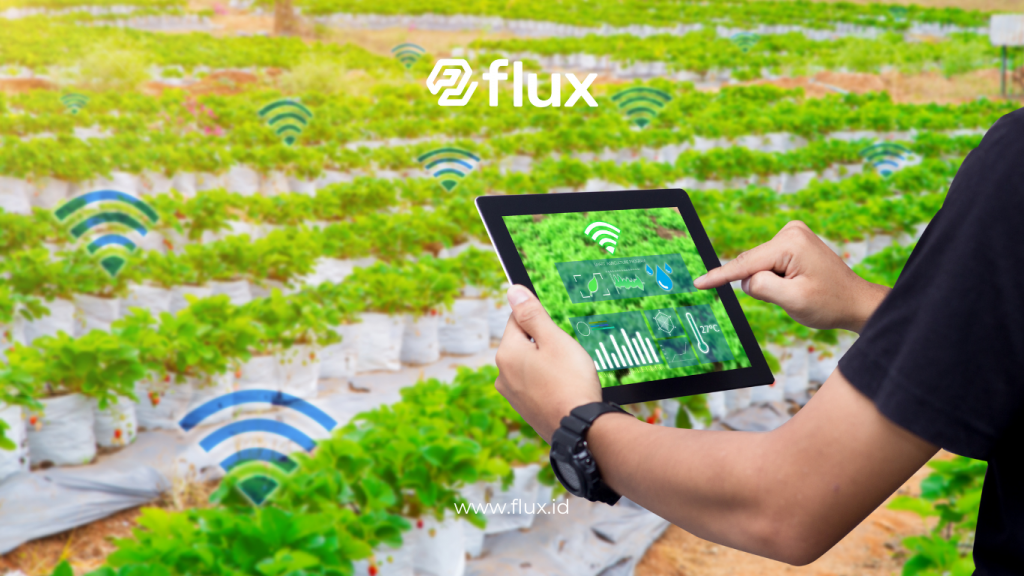
Read More: Managing Humidity: Sensor’s Role in Electric Motor Health
Real-time Plant Monitoring
One of IoT’s main advantages is its ability to monitor plant conditions in real time. Sensors planted in agricultural fields can measure various parameters such as soil moisture, air temperature, and plant nutrition levels. This collected data can be accessed directly via mobile applications or web platforms, enabling farmers to take quick and precise actions.
Efficient Resource Use
With the help of IoT, farmers can optimize the use of resources such as water, fertilizers, and pesticides. Connected sensors provide accurate information about crop needs, allowing farmers to use resources efficiently and reduce waste.
Accurate Weather Forecasting
One key to success in agriculture is the ability to forecast weather accurately. With IoT, farmers can access accurate and real-time weather information, enabling them to take necessary precautions to protect crops from damage due to extreme weather.
Automation of Farming Processes
IoT also enables the automation of various farming processes, such as watering plants, applying fertilizers, and monitoring pests and plant diseases. These automated systems not only reduce dependence on human labor but also improve operational efficiency and reduce the risk of human errors.
Increased Productivity and Quality
By leveraging IoT solutions, farmers can increase the productivity and quality of their harvests. By having access to accurate and real-time information about plant conditions, farmers can make better and faster decisions, thus optimizing their harvests.
Conclusion
The application of Internet of Things (IoT) technology in agriculture promises a digital revolution that can address various challenges faced by farmers. By leveraging sensor intelligence and internet connectivity, IoT solutions enable farmers to monitor plants in real time, optimize resource use, accurately forecast weather, automate farming processes, and increase productivity and quality of harvests. Thus, IoT has the potential to enhance efficiency, sustainability, and food resilience in the global agricultural industry.


